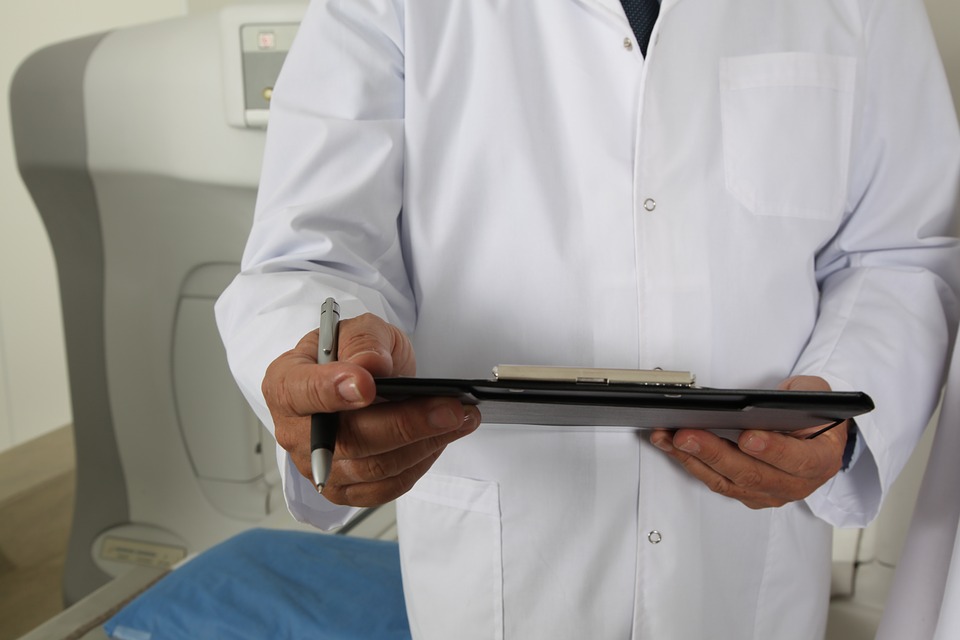If you’re a general practitioner, you may be looking for opportunities to increase medical practice revenue. One of the best ways to do this is by adding allergy treatment to your practice offerings. At least 20 percent of Americans suffer from allergies. That means that if you see 20 patients per day, an average of four of those patients is dealing with some type of allergy symptom.

(Pixabay / valeopardo)
The allergy epidemic won’t go away. Research shows that seasonal allergies are on the rise. The same for food allergies. According to the Centers for Disease Control and Prevention, food allergies in children jumped by 50 percent from 1997 to 2011.
So if you’re guaranteed a patient base, the next move is to ensure that you can provide a quality allergy treatment program. Rather than reinventing the wheel, consider a turnkey allergy treatment program that will require minimal time and resources to administer.
Allergy Testing (environmental and food allergy test kit)
The right program will help you order allergy testing supplies and allergy test kits that you can use for testing patients in your office. The gold standard for allergy testing, as dictated by the AAAAI (America Academy of Allergy, Asthma, and Immunology), is intradermal testing. You can use a multi-pronged testing device to penetrate the surface of the skin. With several applications, you can gauge a person’s reaction to dozens of the most prevalent allergens by measuring the “wheals” or welts that appear on the skin after the test. It typically takes just 15 minutes of a staff member’s time to perform an intradermal allergy test.
Allergy Treatment Program
There are a number of programs designed to help you treat your allergy patients in-office. You may currently be prescribing allergy medications to your patients, including antihistamines and corticosteroids. These medications can help in the short-term, but they do nothing to alter the allergy itself. That’s where allergy immunotherapy comes in. Immunotherapy is the only treatment that has been shown to treat the underlying allergic disease.
You can prescribe immunotherapy to your patients through allergy shots (subcutaneous immunotherapy) or allergy drops (sublingual immunotherapy). The shots must be administered in your office. Allergy drops, on the other hand, are safer than shots and can be taken at home.
The cost of allergy drops as compared to allergy shots may vary, depending on a patient’s insurance. Most insurances cover allergy testing and physician visits. However, they are more likely to cover the cost of the allergy serum when it is administered through shots rather than drops. Many patients opt for allergy drops, however, because the costs tend to balance out. When they take the drops at home, they don’t have a co-pay, and they don’t have to drive back and forth to the doctor’s office for injections either. “Time is money,” and sometimes the convenience of home administration drives people toward the under-the-tongue allergy drops.
Regardless of which route you choose, a turnkey allergy treatment program can allow you to prescribe immunotherapy by simply writing a prescription. The allergy serum can usually be shipped either to your office (for allergy shots) or directly to the patient (for allergy drops).
Your patients will likely be happier getting treatment from you than from a specialist they are not familiar with. According to Medscape Business Magazine, “Two thirds of allergy sufferers would rather get treatment from a PCP than from an allergist.”
Maintain continuity of care and increase your medical practice revenue by incorporating an allergy treatment program into your practice.


